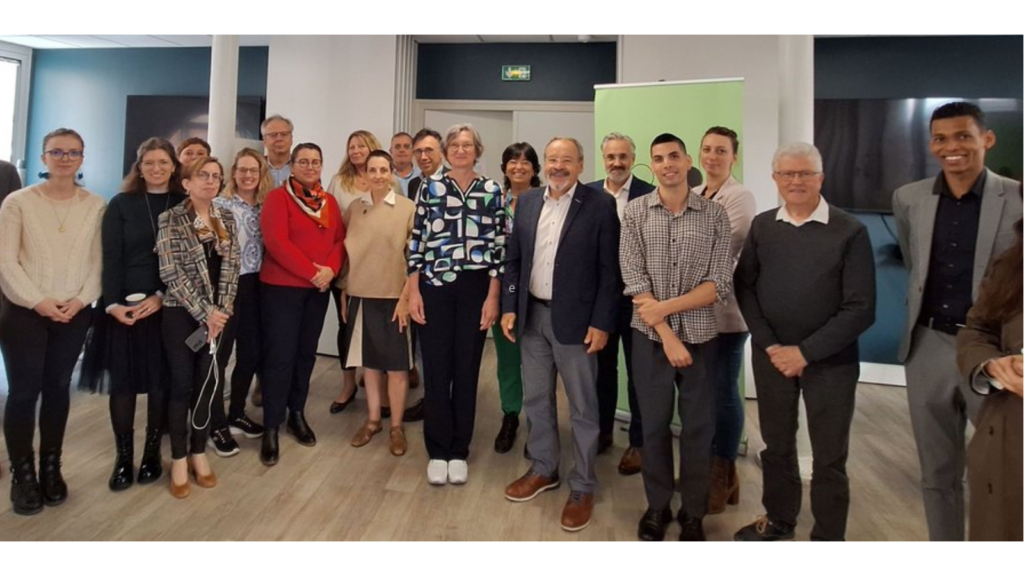With new MEPs recently elected in 2024 to the European Parliament and a new European Commission about to be formed, COFACE has produced a policy brief highlighting the importance of digital technologies for children and their families, and analysing whether existing and currently debated EU frameworks – aimed at ensuring safe and empowering digital experiences for children – integrate a families perspective. COFACE calls upon EU policy-makers to ensure that all families are given support and guidance to access and navigate the digital environment in a meaningful way.
When it comes to digital technology, the negative effects of technology need to be addressed through a mix of strong legal frameworks as well as strong and “low-threshold” evidence-based support and prevention measures for families. This means on the one hand to create inclusive and accessible online environments, including through appropriate self-regulation by the industries concerned. On the other hand, it means supporting educators (formal and non-formal), parents and carers in their digital literacy, but also promoting work-life balance, so that parents and carers have time to support their children.
The first section of the policy brief analyses some of the EU frameworks which include measures to ensure safe and empowering digital experiences for children, and whether they integrate a families perspective. The second section spotlights some practices of COFACE member organisations from 9 different European countries. The practices are diverse, ranging from boosting digital parenting skills to tackling and preventing specific risks, such as child sexual abuse online. Finally, the concluding section brings key messages and recommendations for EU policy makers.
The EU frameworks analysed in the policy brief are the following:
- EU Strategy on the Rights of the Child
- EU Strategy for a Better Internet for Kids
- EU Strategy for a more effective fight against child sexual abuse
- Digital Services Act
- Artificial Intelligence Act
Implementation of the European legal and policy frameworks mentioned in this brief is key, and these should be strengthened and continued under the new 2024-2029 European Union mandate following the June 2024 European elections. Besides the State level and the ICT industry, action is also needed at community level, involving all key stakeholders close to the lives of the families and children.
COFACE will continue to monitor closely the various EU initiatives impacting families, using the COFACE Digitalisation Principles as the key compass for assessing them.
Additional information
- COFACE, State of the European Union for families, 2024.
- COFACE Families Europe, Child Compass 2030: Shaping a healthy society, environment and economy fit for children, 2020.
- COFACE Families Europe, Digitalisation Principles, 2018.




